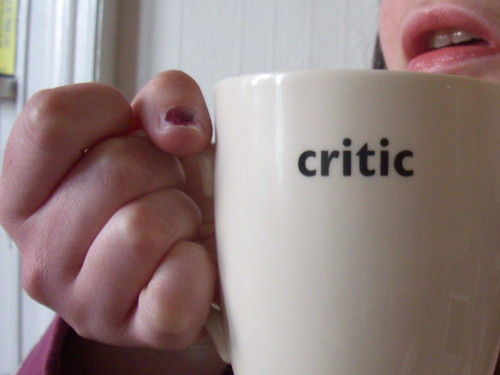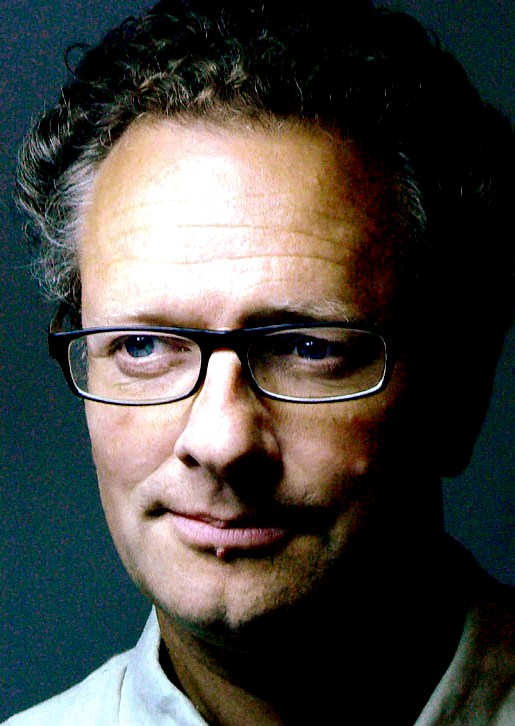Criticism has never been an easy field, but now there’s a new risk: legal action. New York University law professor Joseph Weiler is being sued for running an negative book review. Writes Weiler:
Last week, for the first time I found myself in the dock, as a criminal defendant. The French Republic v Weiler on a charge of Criminal Defamation. […] As Editor-in-Chief of the European Journal of International Law and its associated Book Reviewing website, I commissioned and then published a review of a book on the International Criminal Court. It was not a particularly favorable review. You may see all details here. The author of the book, claiming defamation, demanded I remove it. I examined carefully the claim and concluded that the accusation was fanciful. Unflattering? Yes. Defamatory, by no stretch of imagination. It was my ‘Voltairian’ moment. I refused the request. I did offer to publish a reply by the author. This offer was declined.
Three months later I was summoned to appear before an Examining Magistrate in Paris based on a complaint of criminal defamation lodged by the author.
The verdict is due later this week, on March 3. (Via, and.)
As Onion-esque as this sounds, the case does raise serious questions about what the role of critics is today—and what it will be in the future. As you can imagine, the role of the critic in the era of the internet is very important to us here at Fiction Writers Review. (That’s part of why we’ve been discussing criticism all week in our features—don’t miss the musings of Charles Baxter, Stacey D’Erasmo, Keith Taylor, and our own Jeremiah Chamberlin.)
Huffington Post blogger Anis Shivani recently spoke to eighteen major critics for their thoughts on cricitism today and how to keep book reviewing relevant in the future. Contrary to what you might expect based on the handwringing about Twitter, Facebook, and the ever-threatened Death of Print Media, most of those consulted encouraged critics to embrace the current cultural situation and, yes, even the internet.
Ron Charles, fiction editor at the Washington Post, comments:
Book reviewers who hope to be relevant to a new generation of readers will have to [… p]ut those reviews in places where young people are looking. Get over it: They don’t subscribe to newspapers, and they’re not going to. Aggregate book reviews with other entertainment news that young people are interested in and make those reviews accessible on mobile devices. Find ways to blend book reviews with social media that young people are using
Likewise, poet and critic Rigoberto Gonzalez sees the vast potential of online reviews:
Like many reviewers, I bemoaned the compromised quality of editing and fact-checking on the Internet, but I believe that will change as it becomes clear that these entries are part of a critical dialogue and not just opportunities for book publicity or reviewer show-boating. […] The next generation of readers will continue to absorb and process information through the use of technology, and as long as literary e-conversations reflect our ethnically and aesthetically diverse culture–in ways that book reviewing has not been in the past–we shouldn’t fear that the book review will become obsolete or irrelevant.
And president of the National Book Critics Circl Jane Ciabaratti insists it’s the critic’s job
to offer as fluid a range of cultural references as feels right. (For instance, in the course of a day I’ve been playing Angry Birds on an iPad, listening to Kanye West’s new album, tracking down a 1964 recording of Frank O’Hara reading his “Lana Turner Has Collapsed” poem to post in a comment thread on Facebook. How does that play into my experience of reading Sharifa Rhodes-Pitts’s engrossing memoir Harlem is Nowhere? All are immersive experiences. Weaving those experiences together in some way might be more interesting than simply sticking to the text of the book.)
Meanwhile, in the New York Times, the editors spoke to six critics about why criticism matters, period. Their responses were eloquent statements about the purpose of literary criticism:
Stephen Burn:
Stepping aside from the culture of opinion, delving deeper into open-minded analysis, critics might fulfill their most important function: locating major works that are not always visible in mainstream networks.
Katie Roiphe:
The secret function of the critic today is to write beautifully, and in so doing protect beautiful writing.
Adam Kirsch:
The critic participates in the world of literature not as a lawgiver or a team captain for this or that school of writing, but as a writer, a colleague of the poet and the novelist. Novelists interpret experience through the medium of plot and character, poets through the medium of rhythm and metaphor, and critics through the medium of other texts.
This is my definition of “serious criticism,” and I think it’s essentially the same today as it was 50 years ago: a serious critic is one who says something true about life and the world.





